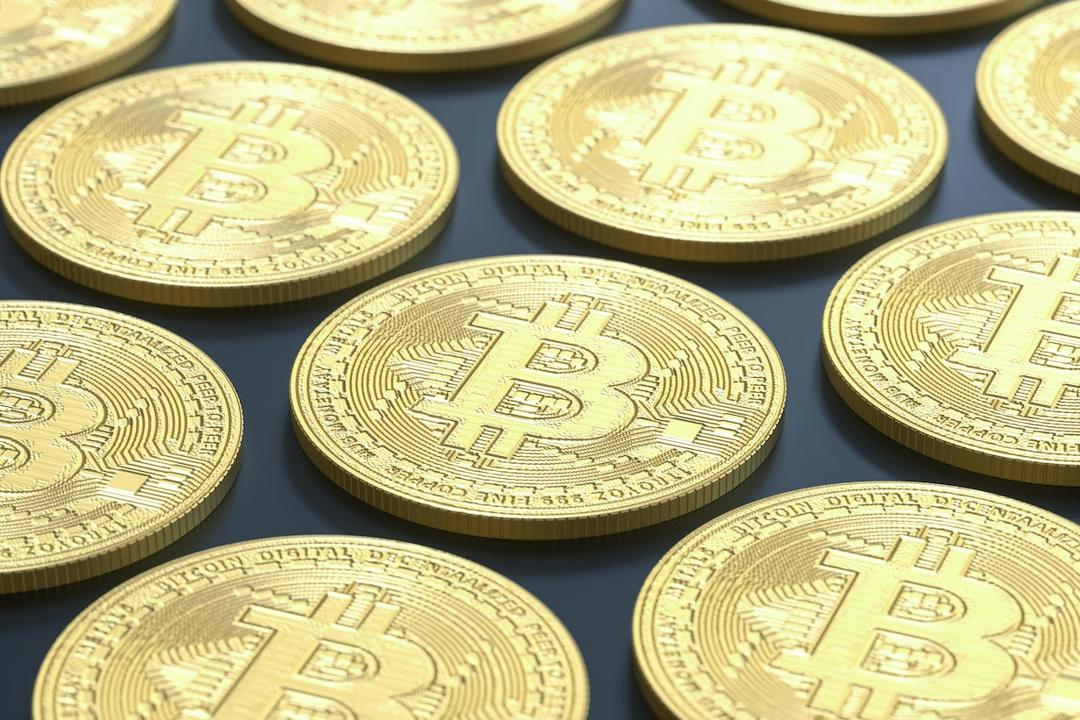A cohort of skilled individuals with expertise in blockchain technology have successfully integrated an emulator for the renowned Nintendo 64 (N64) home video game console onto the Bitcoin (BTC) network. Their objective is to champion the conservation of classic video games by utilizing blockchain technology.
Trevor Owens, the CEO of Ninjalerts, a Bitcoin Ordinals portfolio tracker, revealed a significant development in their ongoing “Pizza Ninjas” initiative. Owens stated that their team of developers managed to incorporate the N64 emulator onto Bitcoin by employing the Ordinals protocol. The executive informed Cointelegraph that this endeavor is part of their mission to safeguard “critically endangered games.”
While the idea of placing games on the blockchain may raise concerns regarding copyright infringement, Owens reassured the community that their project is being executed within the boundaries of the law. The CEO of Ninjalerts explained that they are not uploading any copyrighted games onto the blockchain. Instead, they are selecting games that are in the public domain and integrating those. Owens added:
“This isn’t Ninjalert’s initial endeavor in preserving games through the Bitcoin network. On January 8, the Ninjalerts team successfully integrated the Super Nintendo Entertainment System (SNES) emulator onto Bitcoin. In addition to game preservation, the project also aimed to raise the technical standards for Bitcoin Ordinals projects.”
Several weeks later, another individual attempted to incorporate a video game onto the blockchain using the Ordinals protocol. Following in the footsteps of Ninjalerts, a developer operating under the pseudonym “Mini Doge” implemented the classic first-person shooter game Doom onto the Dogecoin blockchain on January 23. This enables users to play the free version of the iconic game by accessing the Dogecoin network.
Owens firmly believes that the trend of embedding games onto the blockchain will persist. He expressed his enthusiasm for this development, stating, “I think that’s really cool, and I do think this trend will continue. People want to preserve cultural history, and games are a huge part of that.” However, the CEO urged members of the community to refrain from violating copyright laws. Owens emphasized that they advocate for finding lawful methods to preserve games on the blockchain.
Owens also pointed out that since blockchain technology is permissionless, individuals can upload any data they desire onto the blockchain. He suggested that once data is stored on the blockchain, it becomes challenging for intellectual property holders to remove it. “The interesting thing will be observing how the IP holders respond. It is highly unlikely that this data can be taken down once it is uploaded onto the blockchain, especially on Bitcoin.”
Citing a study that discovered nearly 90% of classic games released prior to 2010 are endangered, Owens underscored the significance of preserving gaming history. The Ninjalerts CEO drew parallels between games and film or music, describing them as a vital component of culture that merits conservation.
“If we value the preservation of history and culture, there is no better medium to immortalize this data than on Bitcoin,” Owens concluded.
Magazine:
Coinbase mishandles operations, Florida outlaws Central Bank Digital Currencies (CBDCs), and Ordinals face controversy: Digest for the Informed.

